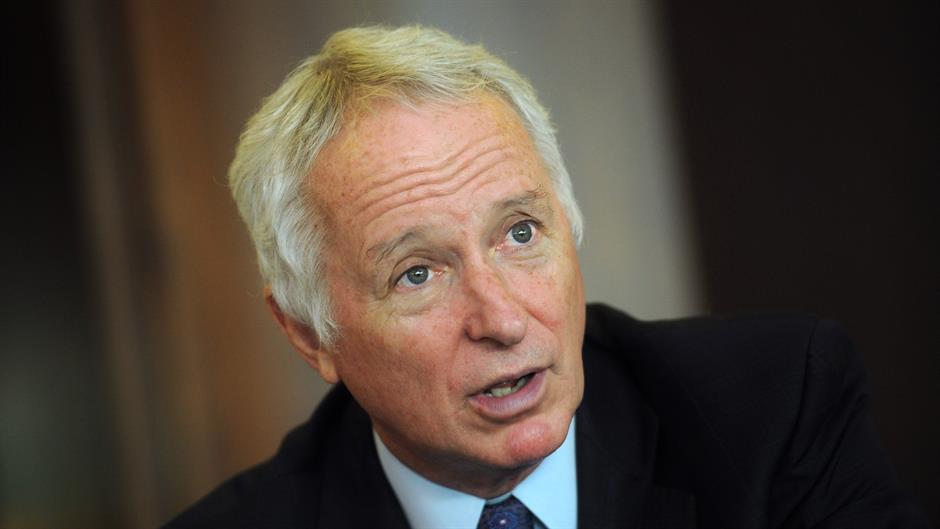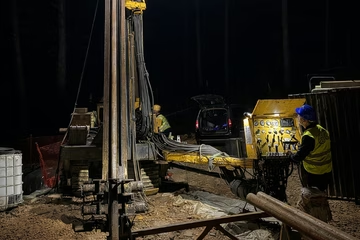Fmr US envoy: Bosnia is biggest potential risk in the region

The US and President Donald Trump are interested in the Western Balkans, said former US Ambassador to Serbia and EastWest Institute CEO Cameron Munter, adding that Bosnia poses the biggest potential risk in this region.
Oglas
Speaking for the Friday issue of Belgrade-based daily newspaper Danas, Munter said that Bosnia and Herzegovina is in a big jeopardy due to its odd structure created by the Dayton Peace Agreement (DPA).
According to the former envoy, Bosnia is struggling with the election law issue, while the ability of Bosnia's government to meet the citizens' needs, he said, is questionable.
“So we are concerned, and not only about Bosnia. But if Bosnia is 'knocked down', that will affect everyone, especially Serbia and the Republika Srpska,” Munter was quoted as saying.
Oglas
The peace agreement reached in Dayton ended the 1990s armed conflict in Bosnia and Herzegovina, dividing the country in two semi-autonomous entities, one ruled by ethnic Serbs and another one dominated by other two major ethnic groups, Bosniaks and Croats. Its complex structure and political divisions are often assessed as the main obstacle hindering the country's progress and prosperity.
Elaborating on the EastWest Institute's study “Time for Action in the Western Balkans”, which examined the need for a decisive action by the US and the European Union in the Western Balkans, Munter said that this document suggested as solution the support to achievable agreement and assistance to political leaders in convincing their people they would benefit from that deal.
He expressed optimism regarding Macedonia, noting that this was a “bright spot contrary to Bosnia, which is dark, and Serbia and Kosovo, which are not that dark.”
In his opinion, there is still room for “a cautious optimism” over the relations between Serbia and Kosovo, adding that the two countries' presidents could be “pragmatic, practical and name the issues important for both sides.”
Oglas
Speaking of the US' standpoint on the region, the former diplomat said that America pays less attention to the Western Balkans than it did 10 years ago and that the EastWest Institute wants to put the Balkans in the focus of the US again.
“America has less to offer but it will be able to offer more after the accession to the NATO. That's somewhat tricky for Serbia but interesting for Bosnia and Macedonia,” he was quoted as saying.
Kakvo je tvoje mišljenje o ovome?
Učestvuj u diskusiji ili pročitaj komentare
Oglas
Kakvo je tvoje mišljenje o ovome?
Učestvuj u diskusiji ili pročitaj komentare
Oglas
NAJČITANIJE
Oglas
Oglas
Najnovije
Oglas
Oglas





 Srbija
Srbija
 Hrvatska
Hrvatska
 Slovenija
Slovenija


























































